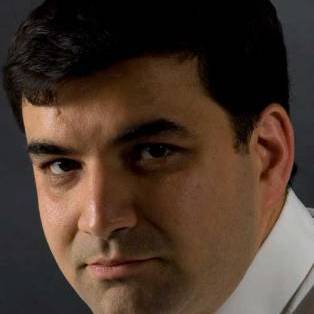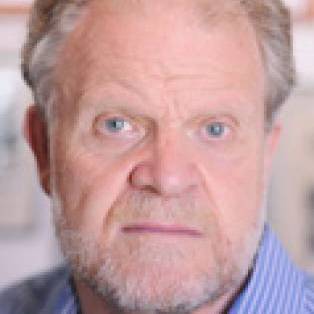{related_entries id="evnt_auth_1"} {/related_entries} and {related_entries id="evnt_auth_2"} {/related_entries} talk to {related_entries id="evnt_chair"} {/related_entries}
Post-Gorbachev Russia: Where is the Country Headed?
Saturday 9 April 2016
5:30pm
1 Hour
Duration{related_entries id="evnt_loca"}Post-Gorbachev Russia: Where is the Country Headed?{/related_entries}
Venue£12
Ticket priceA panel of writers looks at what has happened to Russia since the days of the last president of the Soviet Union Mikhail Gorbachev, ‘glasnost’ and ‘perestroika’ and ask where Vladimir Putin and modern Russia are headed today.
What are the motives behind Putin’s leadership of Russia and where is he taking the country? How should the West react to Putin, and what does the poisoning of Alexander Litvinenko tell us about Russia and relations with the West.
Arkady Ostrovsky is a Russian-born British journalist who has spent 15 years reporting from Moscow for the Financial Times and The Economist. In The Invention of Russia: The Journey from Gorbachev’s Freedom to Putin’s War, he traces the history of modern Russia and explains how the country now bears little relation to the one that embraced freedom in the late 1980s.
Luke Harding is a foreign correspondent for The Guardian. His book, Mafia State, describes his experience of working as a journalist in Putin’s Russia. In A very Expensive Poison, he tells the inside story of the death of Litvinenko and explains why it marked the beginning of decline in Russia’s relations with the West.
Here they talk to journalist and former BBC producer Matthew Stadlen, who is a regular interviewer for the Daily Telegraph and has interviewed for the BBC.




